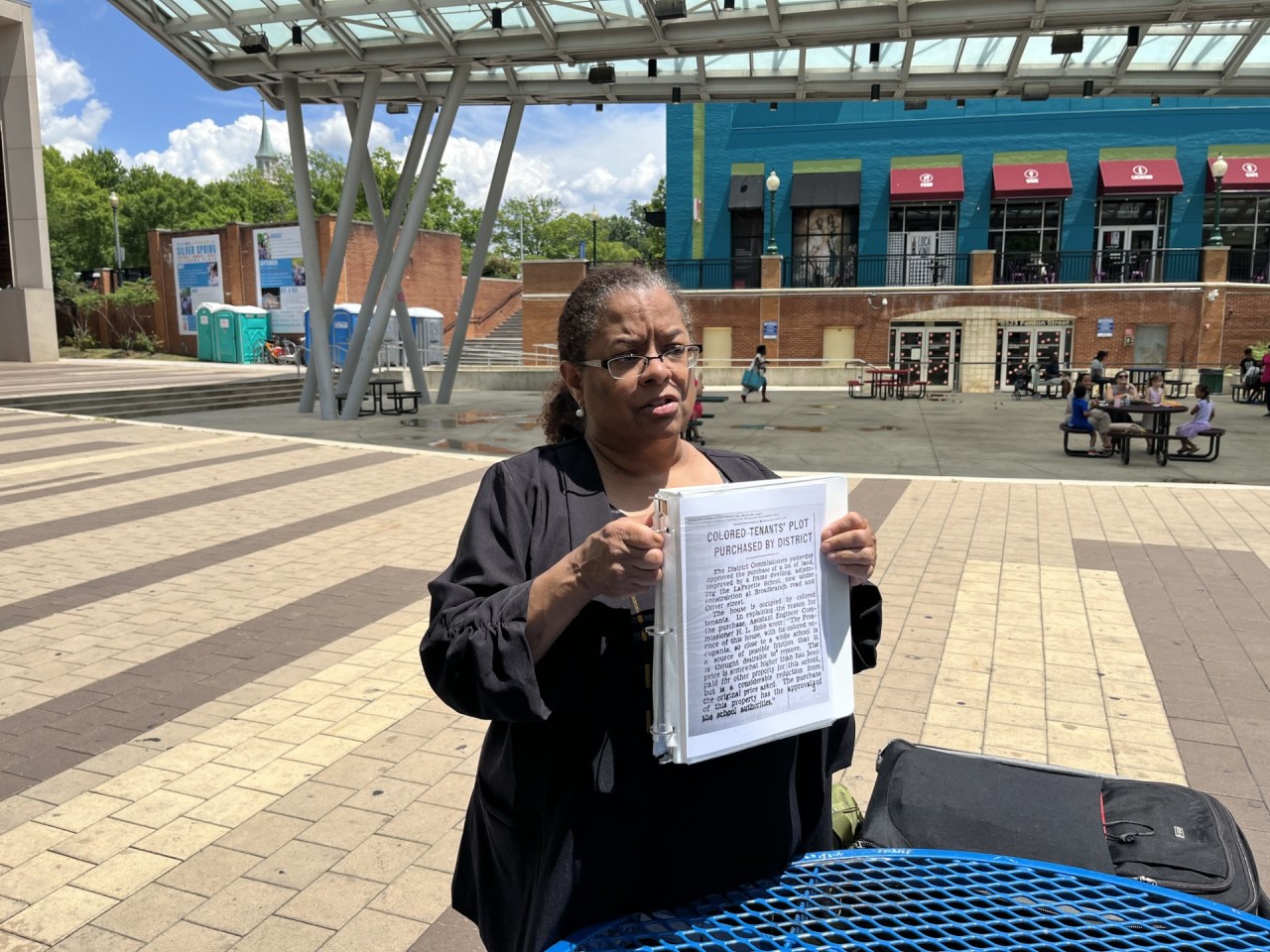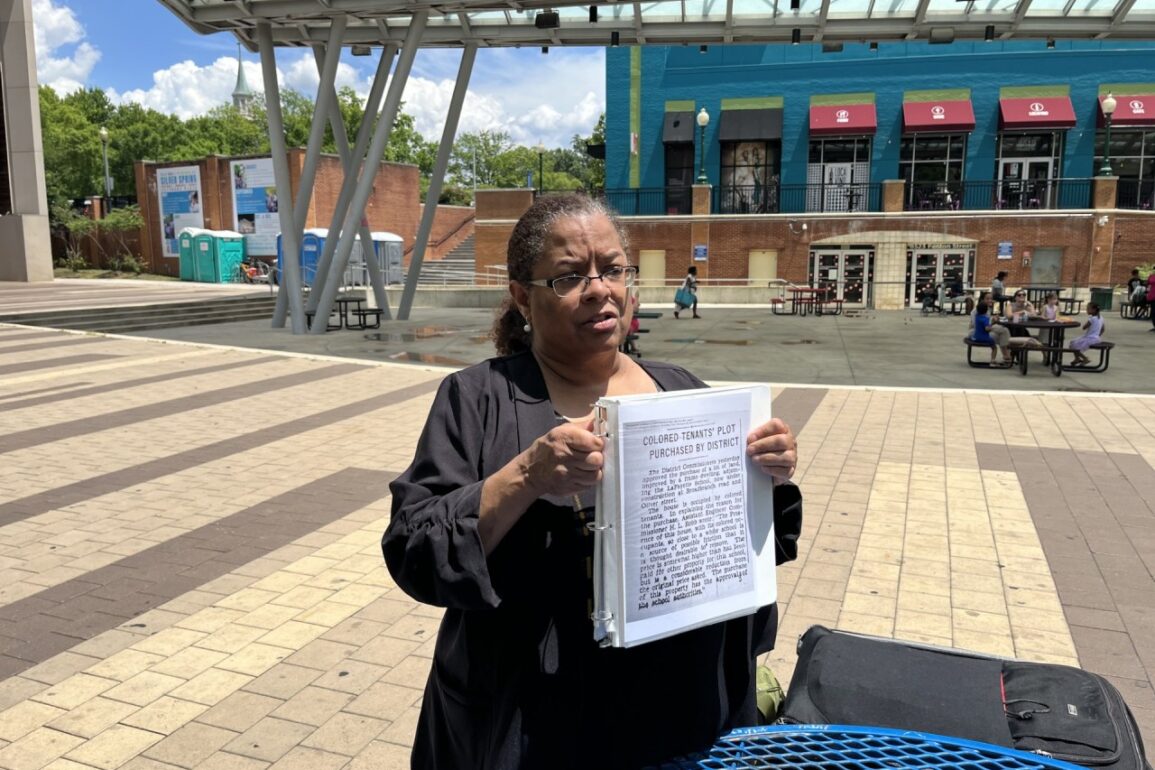
Council spends $1.5 million to create task force to study how best to address reparations in the District
WASHINGTON (DC News Now) — It was a day Jocelind Julien said she’d hoped she would would see.
This week, D.C. City Council advanced a bill that brings the District one step closer to providing reparations for African American descendants of slaves.
The council voted to dole out $1.5 million to formulate a task force to study how reparations would work and who would be chosen.
“I’m enthused. I don’t want to get too excited just yet,” Julien said. “But I’m happy to see it make progress. It’s a long time in coming.”
Julien is a descendant of slaves who once lived in Washington, D.C. going back to the late 1700s. Other Black ancestors, she said, had land taken from them by government officials, too.
She testified before council in favor of reparations last year.
“It’s an important function for us to be able to claim our reparations, to be able to seek justice for the enslaved community,” Julien said.
The legislation creates a nine-member commission that will not only figure out how to award reparations in the nation’s capital but study other cities and states that have also explored the controversial issue.
The most high-profile example of reparations being awarded is in Evanston, Ill., which was paying restitution through housing but are being sued in court over the measure.
Tazra Mitchell, the chief policy and strategy officer for the D.C. Fiscal Policy Institute, said that reparations should be paid to those whose ancestors faced institutional racism and slavery.
“There’s a lot of prosperity here, but it’s very concentrated at the top,” she said.
Mitchell said that the institute does not favor paying reparations from sales taxes or traffic fines which would be essentially taking money from people who shouldn’t have to pay it.
“If we want to fund reparations, we have to tax wealth,” Mitchell said. “[It’s] made possible due to centuries of discrimination and anti-Black oppression.”
Julien said she knows there will be pushback from the public but believes some minds can be swayed with knowledge of what her and other Black ancestors endured.
“Not everybody is receptive to the idea of giving money away to those that were harmed,” she said. “But I’m finding through my efforts at least that there are people who are receptive to listening.”


